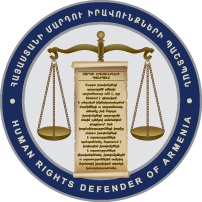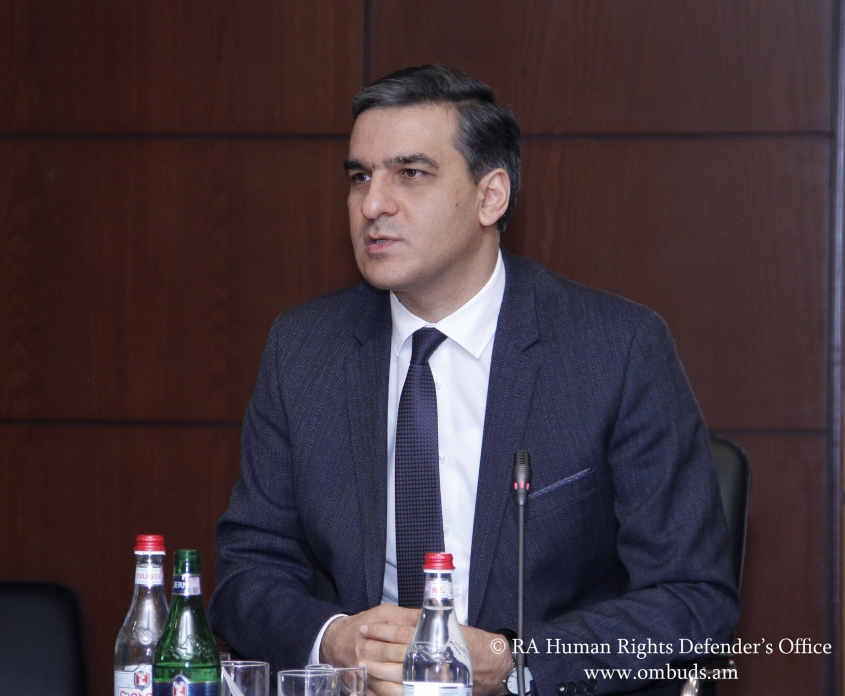The analyses of the Human Rights Defender show that the insult and hate speech, as well as interference with private life are being widely disseminated. Meanwhile, it is concerning that this is being carried out through ignoring professional discussions and official legal procedures, and through discussing the questions from emotional perspective.
Taking into account that the issue has gained wide public attention, the Human Rights Defender highlights that:
1. It is unacceptable, when the discussion is accompanied by addressing insulting speech, including towards the convicted person, his wife and other people who expressed their opinion on the issue, and by continuous interference with their private life. The monitoring also recorded incidents of insulting the victim's successors, interference with their private and family life, as well as double victimization.
Of course, free public discussion of any issue is an important achievement for democracy. However, such discussions should take place in an atmosphere of solidarity and respect for others’ rights and freedoms. Human dignity is inviolable and is an irreplaceable basis for the rights and freedoms of everyone.
2. It should be taken into account that in the given situation the consideration of a pardon request is being conducted in a separate legal procedure. It implies compliance with the rules of the procedure, as well as necessary activities aimed at the raising public awareness on the process. It is obvious, that the State did not undertake sufficient action to raise awareness on the essence of pardon institute and its procedure.
3. The Human Rights Defender, specifically in his recent annual and ad hoc reports, consistently recorded that the penitentiary system of Armenia was mainly punitive in nature. Despite the State’s positive obligation, no activities were conducted with the convicts for re-socialization and no rehabilitation programs were implemented. No public awareness campaign was conducted. That has led to public reaction on the penitentiary policy and, in particular, on the release from the punishment and in this specific case resulted in hate speech.
4. In the process of implementing criminal policy and the release from punishment, the victim’s right to express their opinion must be also respected. It is the state’s obligation to provide assistance and ensure the protection of rights. Therefore, when developing and implementing a legal reform policy, these issues should also be considered.
5. The role of media and journalists is extremely important in this issue. Thus, the Human Rights Defender urges all journalists and media representatives to remove those comments that contain insulting or hate speech, regardless whether they have been made by evidently fake or real user.



